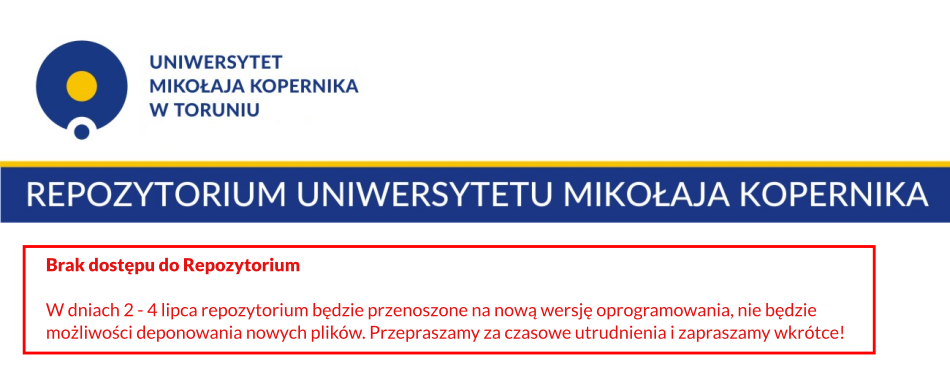| dc.contributor.author |
Wojciechowska, Ewelina |
| dc.date.accessioned |
2017-09-06T07:32:57Z |
| dc.date.available |
2017-09-06T07:32:57Z |
| dc.date.issued |
2016-12-19 |
| dc.identifier.citation |
Torun International Studies, No. 9, Vol. 1, pp. 67-77 |
| dc.identifier.issn |
2391-7601 |
| dc.identifier.other |
doi:10.12775/TIS.2016.006 |
| dc.identifier.uri |
http://repozytorium.umk.pl/handle/item/4483 |
| dc.description.abstract |
This analysis is about condition of the civil society in Russia. The article raises issues specifics of the operation of selected non-governmental organizations in the Russian Federation, which under the Act of 20 July 2012 have been recognized in Russia as „foreign agents”. At the beginning the author outlines the specific functioning of the whole of the third sector in Russia, then to show the changes that brought this Act. The author analyzes the legal status of these organizations and presents the political consequences of this law. The general thesis of the article is that Putin’s policies since 2012 led to the inhibition the development of civil society in Russia. |
| dc.language.iso |
eng |
| dc.rights |
Attribution-NoDerivs 3.0 Poland |
| dc.rights |
info:eu-repo/semantics/openAccess |
| dc.rights.uri |
http://creativecommons.org/licenses/by-nd/3.0/pl/ |
| dc.subject |
NGOs |
| dc.subject |
civil society |
| dc.subject |
the law on foreign agents |
| dc.subject |
civic participation |
| dc.subject |
freedom to association |
| dc.subject |
contemporary Russia |
| dc.title |
UNCERTAIN DEVELOPMENT OF CIVIL SOCIETY IN RUSSIA |
| dc.type |
info:eu-repo/semantics/article |


